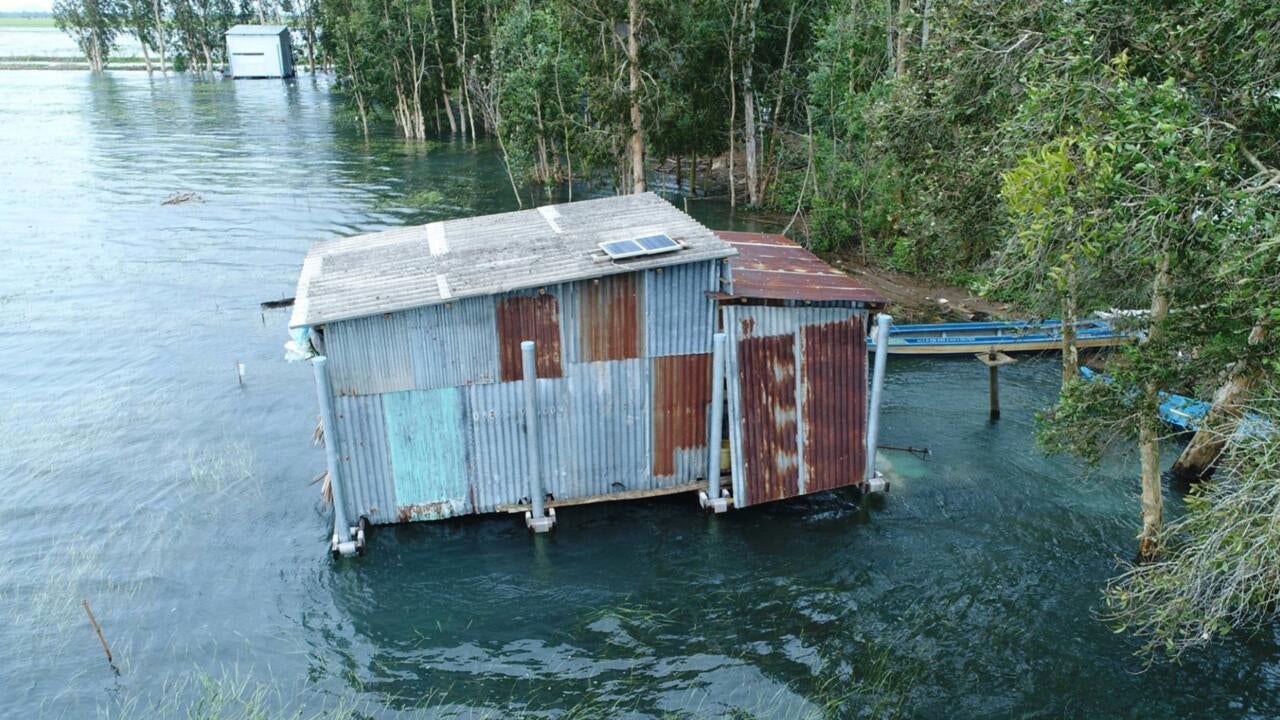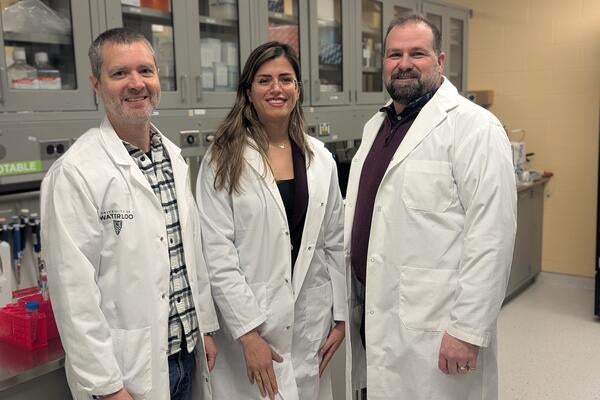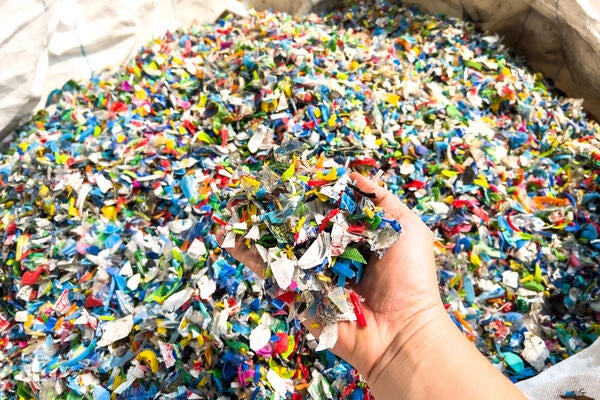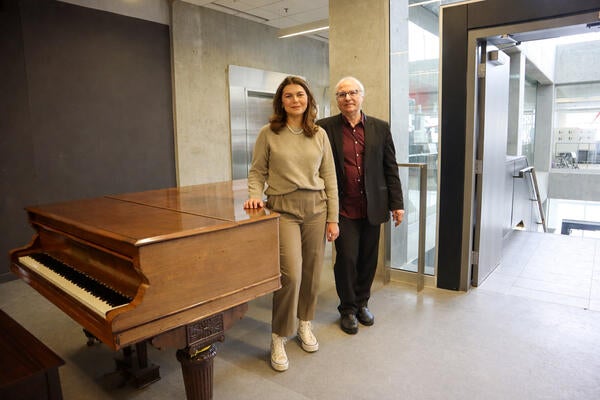
Designing homes that float
Professor's amphibious house research showcased at Expo 2020 Dubai

Professor's amphibious house research showcased at Expo 2020 Dubai
By Carol Truemner Faculty of EngineeringA Waterloo School of Architecture professor’s amphibious house research in Vietnam is highlighted as a Global Best Practice project at Expo 2020 Dubai opening today in the United Arab Emirates.
Elizabeth English’s award-winning work will be prominently showcased for the month of October in the world exposition's Opportunity Pavilion focused on addressing major global challenges.
Two videos produced by the BBC – How amphibious housing is transforming lives, narrated by English, and Keeping Our Heads Above Water – accompany the Waterloo exhibit.
English, the founder and director of the Buoyant Foundation Project, a not-for-profit organization based in Breaux Bridge, Louisiana, and Cambridge, Ontario, designs buoyant houses for flood-prone areas throughout the world, including south Louisiana, the Canadian north, Jamaica and Vietnam.
Elizabeth English
The project’s retrofitted structures float on the surface of rising floodwaters and then come to rest on the ground as the waters dissipate. The earth-friendly approach works in synchrony with natural flood cycles, rather than trying to control the forces of nature.
English’s work focuses on retrofitted houses rather than on new structures she feels should not be built in wetlands or on flood plains.
“We need to be supporting the communities of people who have been living in the same place for generations and, in some cases, hundreds of years,” she says. “They deserve to be able to stay in the place they love if they are able to stay there safely.”

Owned by a rice farmer in Vietnam, this retrofitted house shown on dry land will float to the surface of rising floodwaters.
The Buoyant Foundation Project has designed several amphibious houses, built two prototypes and retrofitted four houses owned by rice farmers in Vietnam.
The houses in Vietnam were retrofitted with floatation devices, including bundled gasoline jugs used to displace water.
English’s amphibious house research is becoming significantly more important with the increase in flooding due to climate change or exacerbated by climate change. Much of the flooding can also be attributed to human-made upriver development, she says.
The Buoyant Foundation Project has been featured in publications such as the New York Times, the Wall Street Journal and the New Yorker, and recognized with honours, including first place in the sustainable products category of the 2019 Architecture MasterPrize Product Design Award.
Postponed last year due to the COVID-19 pandemic, Expo 2020 Dubai runs until March 31, 2022.
More than 190 countries, including Canada, have pavilions at the world exposition, which has three core themes – opportunity, sustainability and mobility.
Due to the University of Waterloo’s current ban on international travel because of the coronavirus, English is not in Dubai for the opening of her exhibit. She hopes to visit it in person whenever the University’s travel restrictions are lifted.
Elizabeth English explains how amphibious housing can save communities in a 2019 TEDx Talk.

Read more
Researchers engineer bacteria capable of consuming tumours from the inside out

Hand holding small pieces of cut colourful plastic bottles, which Waterloo researchers are now able to convert into high-value products using sunlight. (RecycleMan/Getty Images)
Read more
Sunlight-powered process converts plastic waste into a valuable chemical without added emissions

University of Waterloo researchers Olga Ibragimova (left) and Dr. Chrystopher Nehaniv found that symmetry is the key to composing great melodies. (Amanda Brown/University of Waterloo)
Read more
University of Waterloo researchers uncover the hidden mathematical equations in musical melodies
The University of Waterloo acknowledges that much of our work takes place on the traditional territory of the Neutral, Anishinaabeg, and Haudenosaunee peoples. Our main campus is situated on the Haldimand Tract, the land granted to the Six Nations that includes six miles on each side of the Grand River. Our active work toward reconciliation takes place across our campuses through research, learning, teaching, and community building, and is co-ordinated within the Office of Indigenous Relations.